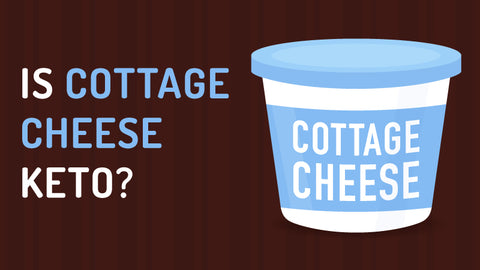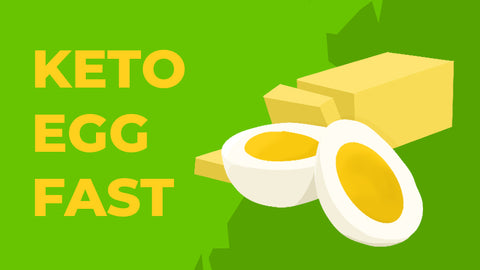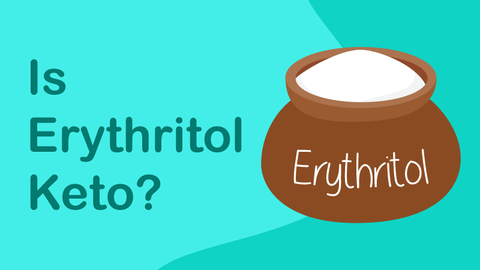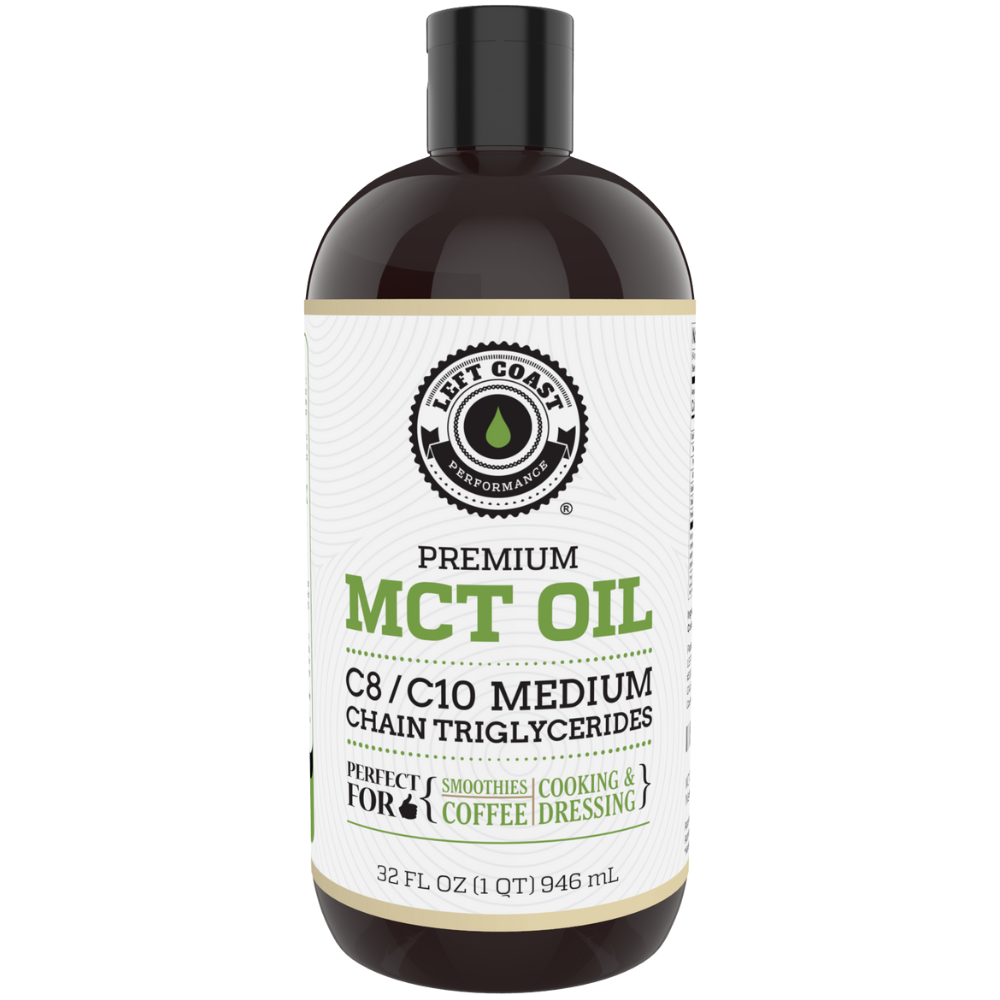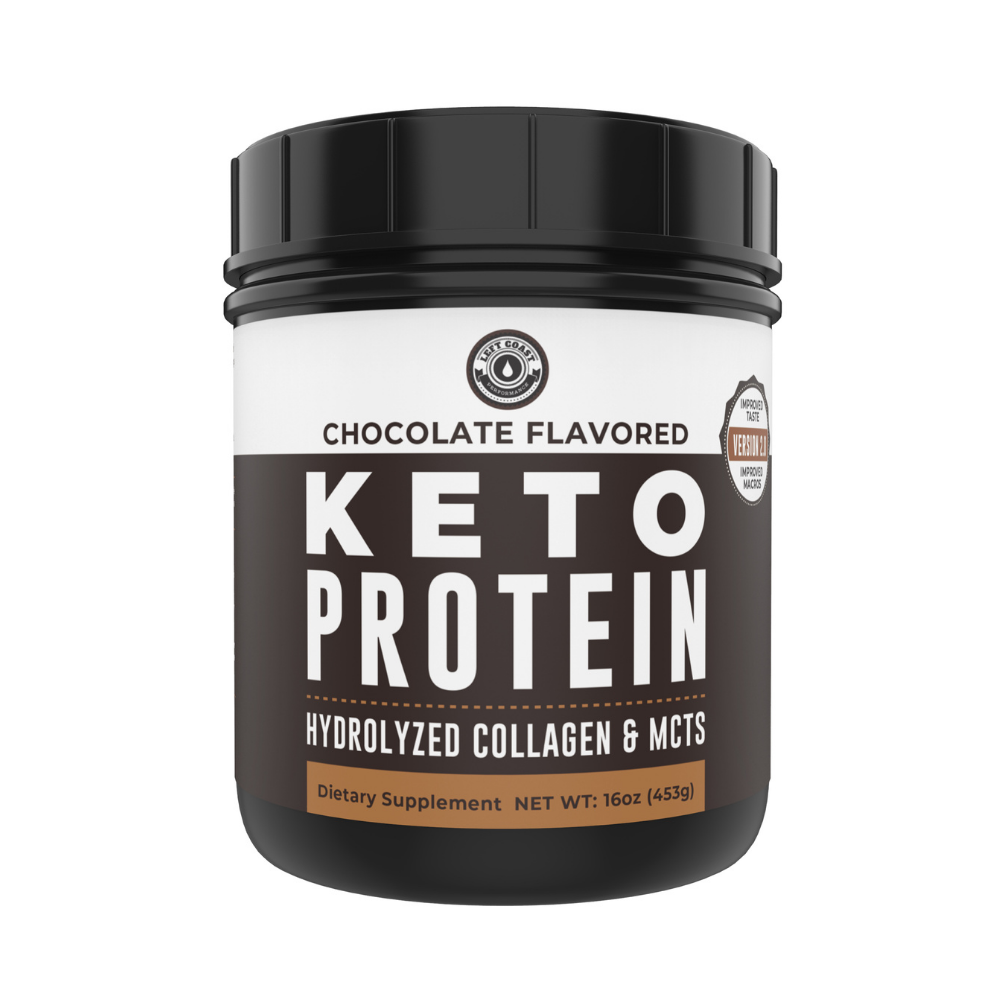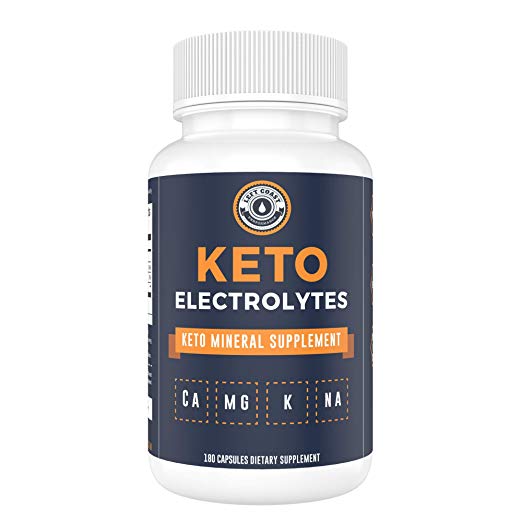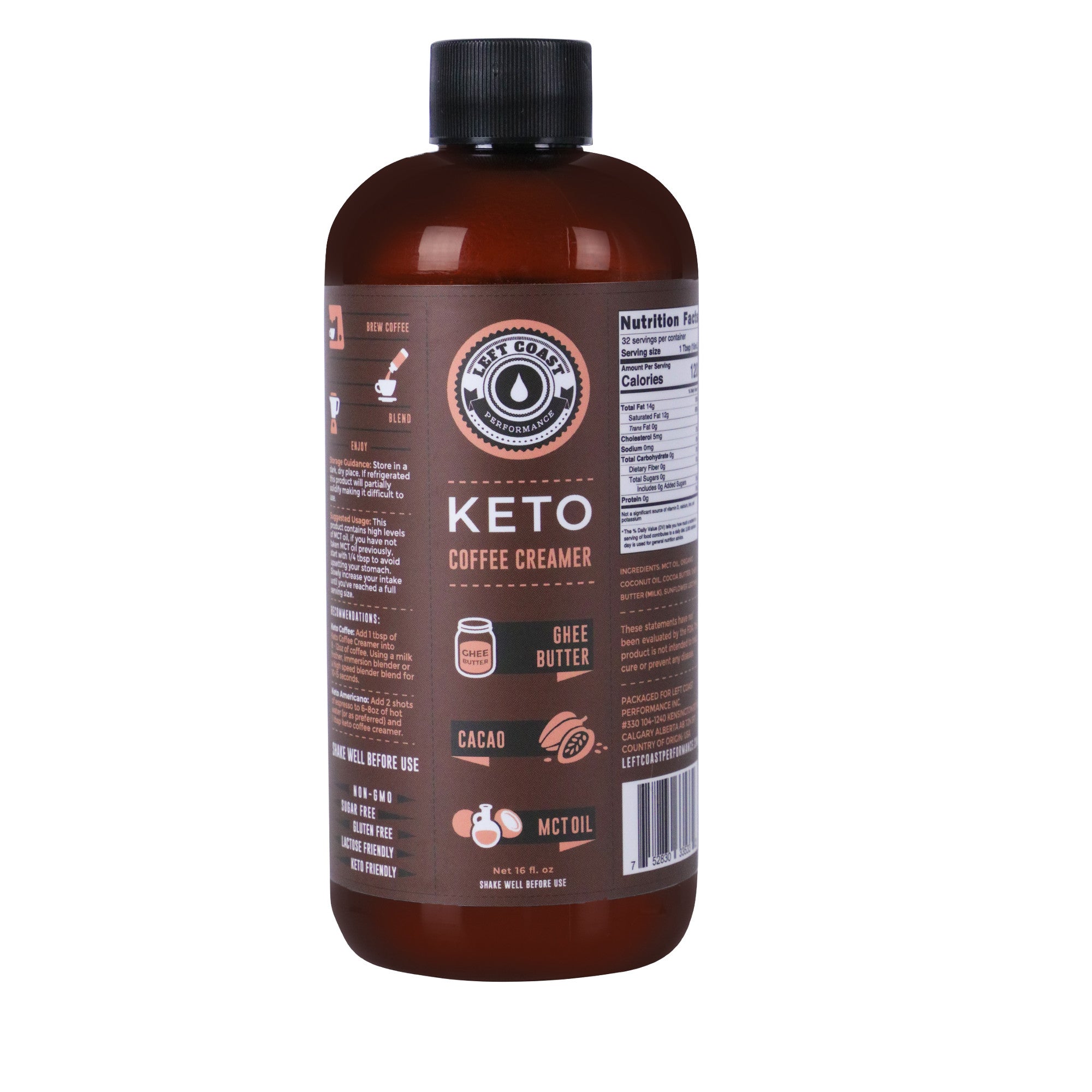Keto Gall Bladder

on October 24, 2019
Have you had your gallbladder removed? Wondering if it’s possible to follow the keto diet without a gallbladder? We’ll answer all your questions about going keto without a gallbladder in this article.
To cut to the chase, yes, it is possible to eat keto if you don’t have a gallbladder. To understand the best way to do it effectively, it helps to know a little more about this organ and its role in the body.
What Does the Gallbladder Do?
The gallbladder is a small organ that sits just under the liver. It takes the form of a pouch, in which it stores and concentrates bile that’s produced by the liver.
When we eat a meal, some bile flows directly from the liver to the digestive system, but the gallbladder also pitches in to help. The gallbladder receives signals to begin releasing bile to help digest our food, and using a series of contractions, it pushes the stored bile into the small intestine where it meets with the food we’ve eaten.
Bile aids in the digestive process by breaking up fats and helping the small intestine absorb them as well as fat soluble vitamins. It helps carry waste out of the body, and through secretion, is also a major channel for passing cholesterol out of the body. The gallbladder has an important relationship with bile because while being stored there, the bile becomes five times more concentrated. This makes it highly useful in digestion.
Having Your Gallbladder Removed
Despite the gallbladder’s role in storage and digestion, it’s not an essential organ. Many people have it removed and live perfectly healthy lives without a gallbladder. Some mammals, like horses, are even born without one.
The gallbladder can cause some big problems when it acts up. For reasons that are unclear, sometimes the substances in bile crystallize in the gallbladder forming hard deposits known as gallstones. Though usually harmless, these stones can be painful and can cause nausea and inflammation. Gallstones that don’t go away on their own can lead to removal of the gallbladder.
The gallbladder can become infected, usually due to complications with a gallstone. It can also be affected by cancer and can contribute to pancreatitis. These are the main reasons a doctor might recommend a cholecystectomy, which is the surgical removal of the gallbladder.
Keto, Gallbladders, and Fat
The gallbladder releases concentrated bile that breaks down fat via emulsification. Think about when you mix oil and water. They typically don’t mix well; one sits on top of the other. But if you shake up the container, the oil breaks down into smaller droplets that are more easily distributed through the water, like in a vinaigrette salad dressing. This is a rough example of emulsification, which is what happens when bile comes in contact with fat.
So if bile from the gallbladder is used to digest fats, can you eat a diet that’s high in fat like the keto diet without this organ? The answer is yes, you can still eat fat without a gallbladder, though there are some considerations which we’ll cover below.
When you don’t have a gallbladder, you can still digest fats. Remember, some bile is released directly into the digestive system by the liver. When the gallbladder is no longer there to store the bile in between meals, bile is simply released continuously or stored instead in bile ducts between the liver and the small intestine.
As your body adapts to being without a gallbladder, less bile will be produced. The key word here is ‘adapt,’ meaning it may take time to be able to eat like you did before having your gallbladder removed.
Because the bile is now being released into the small intestine instead of stored between meals, it affects the speed at which food is processed. Because of this, some people will experience digestive issues like diarrhea following surgery. You can help mitigate digestive issues by eating smaller, more frequent meals, which will mean more available food to mix with the bile, and adding more fiber-rich foods to your diet, which can normalize bowel movements. Most digestive issues after gallbladder removal only last for a few weeks.
If you haven’t had your gallbladder removed but are concerned about developing gallbladder issues, following a keto diet may actually be a healthy way to avoid gallstones. In one study, researchers followed two groups of obese patients who were on a low-calorie diet. The first ate a diet low in fat; the second ate a higher fat diet.
After six months, 50% of the low fat group had developed gallstones. In the high fat group? None of the participants developed gallstones and better gallbladder emptying was recorded.
The reasoning behind this is that when you regularly eat a diet high in fat, more bile is regularly produced to digest it. The result is that the bile ducts and gallbladder are consistently being flushed and refilled, giving less of a chance for stones to form and more of a chance for existing stones to be flushed out. The one caveat is that if you already have gallstones and begin a high fat diet, you may experience initial discomfort from passing existing stones.
Dr. Paul Mason, a sport and exercise specialist and low-carb diet advocate, talked more about how a low fat diet can contribute to gallstones during a panel at Low Carb Sydney in 2018.
“If you don’t eat fat because you follow the low fat dogma, your gallbladder doesn’t empty,” Dr. Mason said. “You’ve got that fluid sitting there, and then it turns to sludge. It thickens, and an extension of the process it that it can eventually form stones.”
When you suddenly cheat on your low fat diet and splurge on a high fat meal, that giant blockage suddenly begins to try to move out of your gallbladder, which is very painful. This, he says, is what’s behind the thinking that high fat foods can bring on gallstone attacks.
Dr. Mason supports the theory that a high fat diet contributes to optimum gallbladder function.
How to Crush Keto Without a Gallbladder
While every gallbladder removal patient is different, many report being able to successfully adopt a keto diet post-gallbladder removal.
If you’ve had your gallbladder removed and want to start or resume a keto diet, it’s best to ease into it. Even if you were adhering to a keto diet before surgery, you might not be able to pick up where you left off right away. Your body needs time to adapt.
To get back into the swing of keto life after gallbladder removal, follow these steps.
Start Slow Right After Surgery
Directly following surgery, doctors advise patients avoid very high fat foods right after surgery, as these can contribute to digestive issues. Follow a moderate fat diet for the first couple weeks, then slowly begin to increase your fat intake until you are eating fully keto after a month.
Doctors recommend eating plenty of fiber to help regulate digestive functions and bowel movements. Some good keto-friendly sources of fiber include avocado, leafy greens, cauliflower, chia seeds, flaxseed, pecans and almonds.
Eat Smaller, More Frequent Meals
Without a gallbladder to store excess bile, bile will drip continuously from your liver into your digestive system. Doctors say most people are able to adapt to this change just fine, but a small number will experience digestive discomfort, especially during the first few weeks after surgery.
To help your body adjust to the change and absorb more of the excess bile, eat smaller meals more frequently. For instance, you might eat five or six light meals spaced out a few hours apart rather than one large meal at breakfast, lunch and dinner. Doctors say the majority digestive issues subside within a few months at most.
If bloating or diarrhea are a problem for you, you may want to avoid certain foods that can exacerbate these conditions, like caffeine and artificial sweeteners.
Support Your Diet With Supplements
Various supplements can be useful in helping you sustain a keto diet after gallbladder removal.
Consider using MCT oil to supplement your dietary fat intake. Left Coast’s 100% Pure Coconut MCT Oil contains the foundational healthy fatty acids C8 and C10, which help increase energy, curb cravings and improve cognitive performance while boosting the fat intake you get from food alone. You can add MCT oil to your morning coffee, blend it into smoothies, drizzle it over salad or substitute it pretty much anywhere you’d use olive oil. MCT oil doesn’t require bile for proper absorption.
Next up is lipase, a pancreatic enzyme that acts as a catalyst in the digestion of fat. Lipase supplements can help with fat digestion and optimize absorption of vitamins and minerals from our food.
Keto followers who have had their gallbladder removed may also benefit from supplementing naturally produced bile with ox bile, especially when eating high fat meals. Derived from oxen, ox bile mimics the effects of our own bile in the digestive process. Look for an ox bile supplement derived from grass fed oxen that haven’t been treated with synthetic hormones or antibiotics.
About Left Coast Performance
For all your keto supplement needs, turn to Left Coast Performance. Our online store is filled with high-quality, low-carb friendly products, like our MCT oil to boost your energy and our BHB salt ketone supplements to help you get into ketosis faster. Every product we stock is free of artificial flavors, coloring and fillers.
Browse our wide selection now by visiting www.leftcoastperformance.com. Shipping is free on all orders and we offer a 100% no-risk money back guarantee. For keto FAQs, recipes, lifestyle tips and more, check out our blog or follow us on Instagram.


